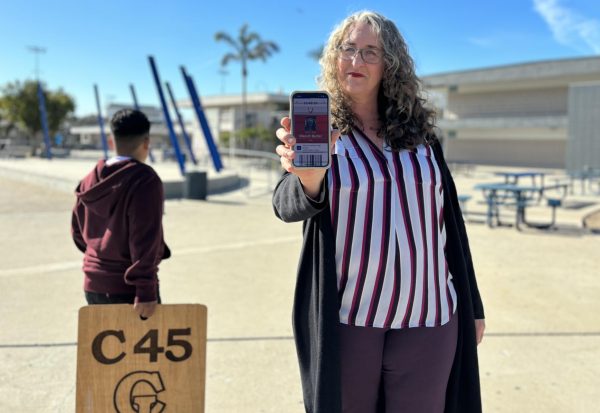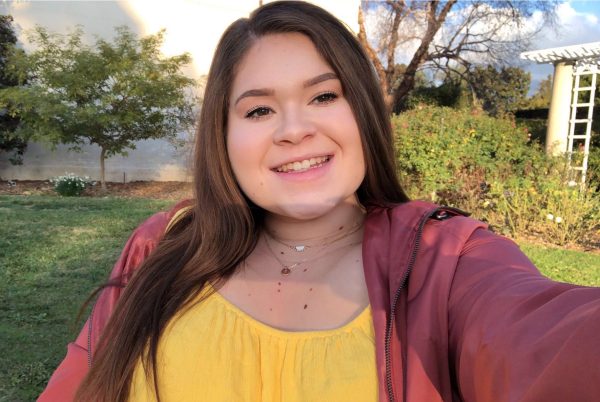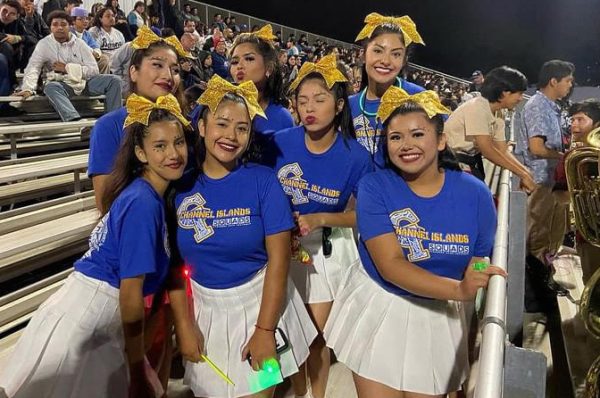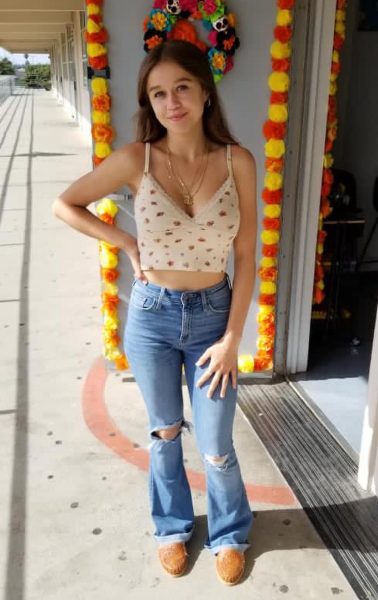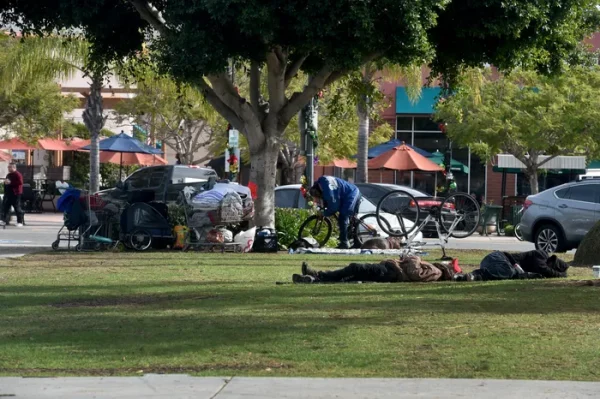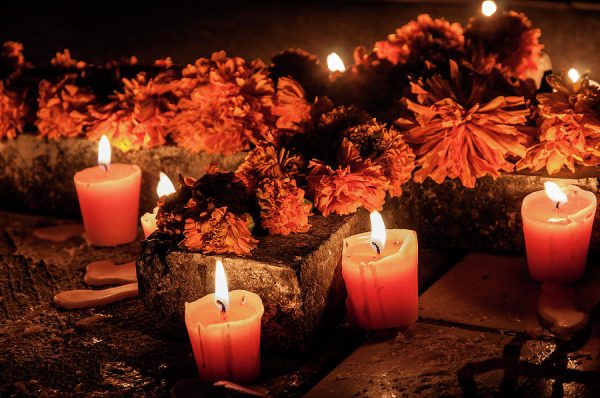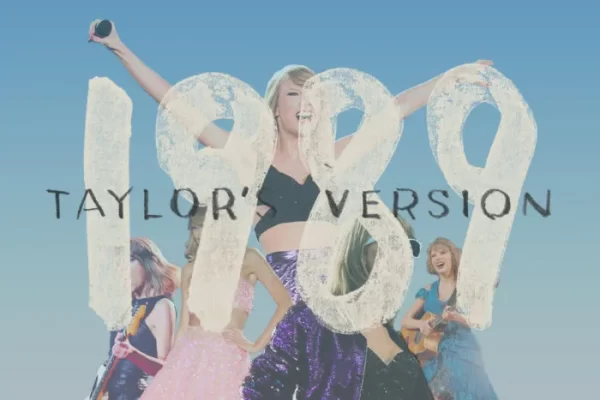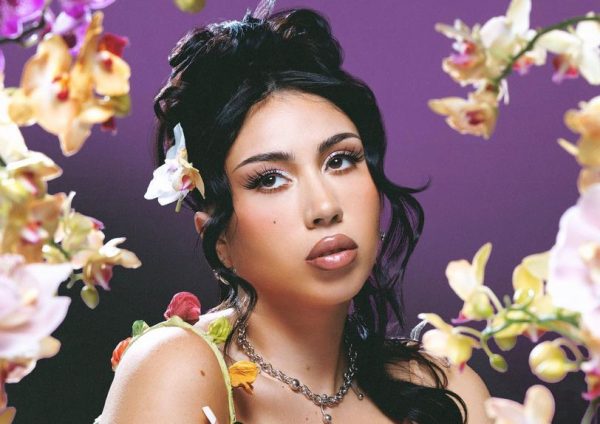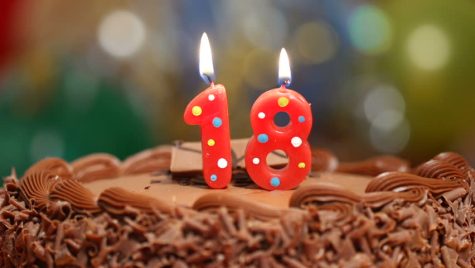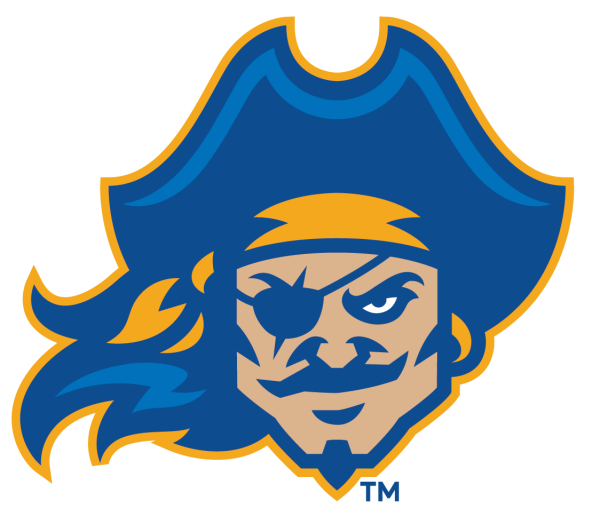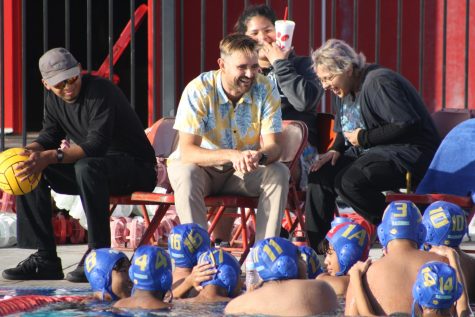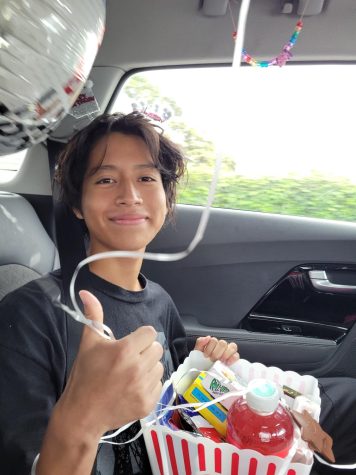Asian-Pacific Islander Heritage Month
The month of May is here! Amidst the stresses of AP testing, last-minute assignments, and the anxious feeling to clock out for summer is a month in honor of those with heritage from Asia and the Pacific Islands.
Asian-Pacific Islander Heritage Month is a month generated to pay tribute to the many generations of the Asians and Pacific Islanders that have had vital roles in the history of the United States.
Asian-Pacific Islander Heritage Month first began in 1977 after Frank Horton of New York introduced to Congress a proclamation to grant the first 10 days to commemorate Asian-Pacific Islander heritage throughout the U.S. It wasn’t until May 9, 1990– after several presidential influences– that Congress passed a Public Law pronouncing that the entire month of May would observe the celebrations of the Asian-Pacific Islander people.
The term “Asian-Pacific Islander” houses people from different cultural backgrounds.
Generally, one that is Asian-Pacific Islander has family roots from Asia, Melanesia (New Guinea, New Caledonia, Vanuatu, Fiji and the Solomon Islands), Micronesia (Marianas, Guam, Wake Island, Palau, Marshall Islands, Kiribati, Nauru and the Federated States of Micronesia), or Polynesia (New Zealand/Aotearoa, Hawaiian Islands, Rotuma, Midway Islands, Samoa, American Samoa, Tonga, Tuvalu, Cook Islands, French Polynesia and Easter Island).
Though Congress granted the month to be Asian-Pacific Islander Heritage Month, some believe that the two deserve their own separate divisions, due to the vast differences in their cultures and experiences, in order to fully appreciate and understand the upbringing and background of the Asian and Pacific Island people.
In honor of this celebratory month, some of the Asian-Pacific Islanders on campus chose to speak out in recognition of their respective cultures.
Louise Sevilla, a senior, speaks proudly of her Filipino culture.
“To me, being Filipino means being deeply rooted in a culture where responsibility, respect, and hard work are highly valued,” remarks Sevilla. “It also means being from a culture where family is everything and always a priority, regardless of the situation.”
Despite the vast cultural differences, the Asian and Pacific Island people are prideful in their culture, and hold similar values in the practice of their values and customs.
Senior Wallace Tagata holds his Sāmoan background close to his heart.
“Being Polynesian, to me, means knowing that you always have your family. Your ‘āiga [family] is a tight unit, and always will be,” notes Tagata. “Anywhere you go, no matter how far, you always know that you have family somewhere, and someone to love and support you.”
Cultural values are the heart and soul of Asian-Pacific Islander upbringing. For example, the notions of respect (fa’aaloalo), love (alofa) , and service (tautua), are fundamental to the Sāmoan culture.
“Growing up Sāmoan made me realize that I should always be grateful for what I have. It has taught me a lot of life values,” says Tagata. “My family came from humble beginnings, so I learned to be really quiet, and to never gloat. My dad was born in American Sāmoa and my mom in Western Sāmoa, so they have had to work hard from the beginning. I appreciate them for shaping me into who I am today.
Jaylen Valoaga, a senior, expresses how important it is for him to be deeply rooted within the Sāmoan culture.
“Growing up, I have always been taught the importance of love and respect in the Polynesian culture. The love and respect my parents have instilled in me has taught me to value my family,” says Valoaga. “I love them, and my respect for them is always growing.”
Sevilla comments on the notion of hard work as a cultural value as well.
“To this day, my brother and I are always told that my parents would provide us with the things we need, but we need to earn what we want. There’s a lot I hope to accomplish.”
Mr. Robert Rada, a government teacher, is half-Sāmoan and is very proud of his heritage. Rada is an alumnus from the American Samoa Community College and the University of California, Santa Barbara.
“We are a group of prideful people,” says Rada. “I always do what I can and teach a little bit of Fa’a Sāmoa (the Sāmoan way of life) here, whether it be in the little or big things.”
The month of May is a celebration of the Asian-Pacific Islander people! Take a look into the traditions, and the culture of the many encompassed under the term ‘Asian-Pacific Islander.’
Happy Asian-Pacific Islander Heritage Month! Manuia le Māsina Agānu’u o Asia ma Pasefika!
